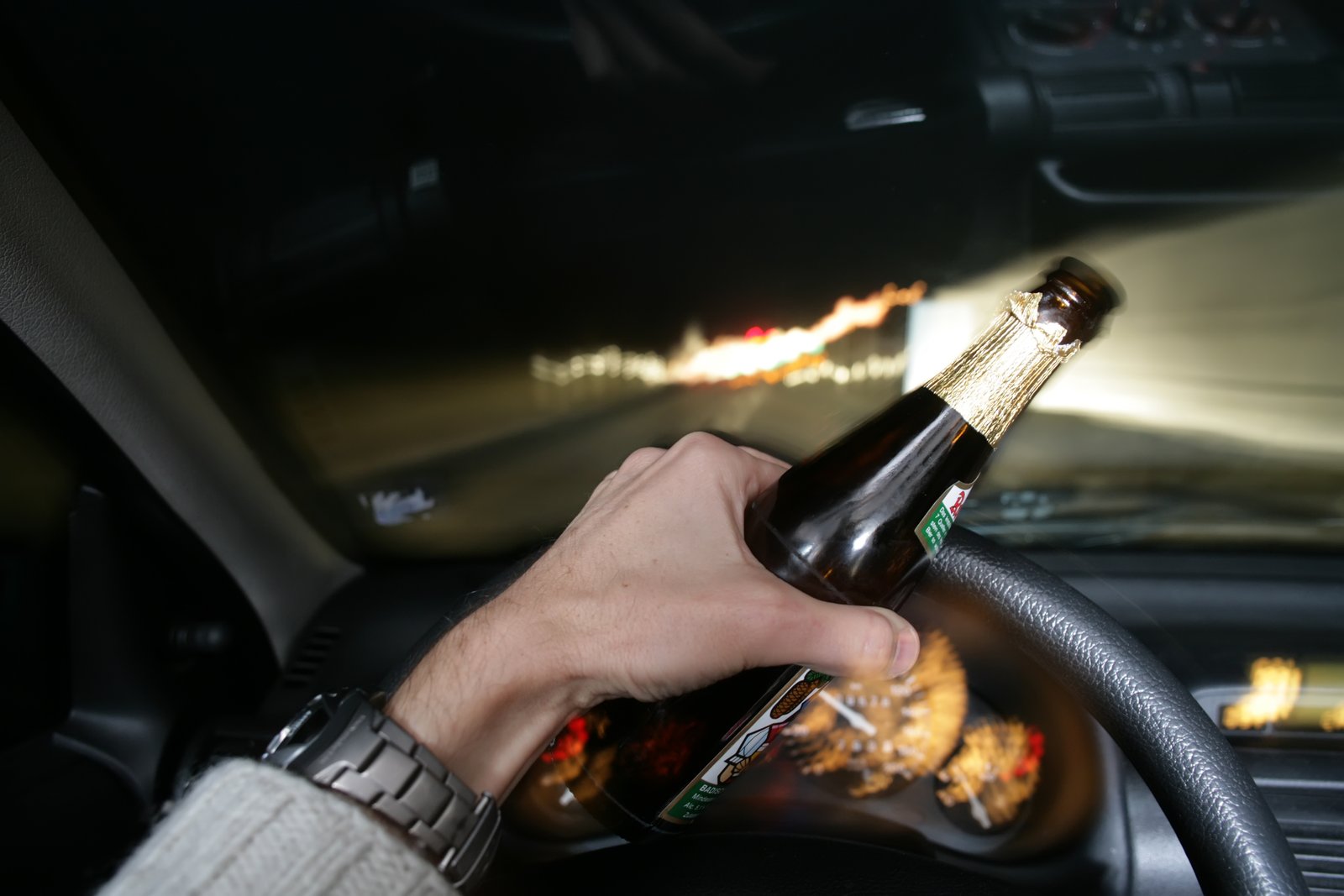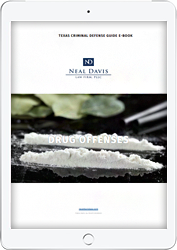
Intoxication Vehicular Manslaughter Laws & Penalties in Texas
What Texas residents need to know about drinking and driving
Most cases with intoxication vehicular manslaughter are difficult to defend. There are severe consequences for any driver convicted of this offense in Texas. In addition, media coverage is typically problematic as it means your sentence could be harsher due to public outcry.
If you are involved in an intoxication manslaughter suit in Texas, then you’ll need an airtight defense plan.
What is intoxication vehicular manslaughter?
With intoxication vehicular manslaughter in Texas, the accused receives a charge for driving under the influence of alcohol or drugs, causing a motor vehicle accident that ended in a fatality. Even if it’s found that you are not at fault for the accident, you may still be placed under arrest and charged with intoxicated manslaughter.
Manslaughter is different than homicide, which requires premeditation, motive, and conscious action. Manslaughter cases are based on the fact that a victim’s death is the result of criminal negligence rather than an intentional murder. To determine criminal negligence, the accused must have acted reckless beyond all reasonable doubt.
There’s a difference between a typical manslaughter case or even a vehicular manslaughter case with an intoxicated party. It requires that the state provide evidence of reckless driving. As long as the state attorney can show that you were operating a vehicle in a public place while intoxicated, it’s considered to be a reckless act. Therefore, it’s typically not necessary to show any other proof of reckless driving.
Penalties for intoxication manslaughter and Texas penal code
An intoxication manslaughter charge is more severe than a DWI under Texas law. It’s considered a second degree felony in the Lone Star State. This leads to higher prison sentences ranging from 2 to 20 years and a fine up to $10,000. Anyone convicted of intoxicated manslaughter must also serve 240 hours of community service at a minimum. These hours can go up to 800 depending on what the state asks for. You will also be placed in an intoxication manslaughter probation period after serving your time and paying fines.
A sentence for vehicular manslaughter is lighter, which is why it’s often possible to plead down if intoxication can be ruled out. Part of beating this charge is establishing whether being intoxicated contributed in any way to the death of the other party.
In addition, your license will be suspended for a period of 6 months to 2 years, and you must pay up to $2,000 per year to keep your license active for a total of 3 years after being convicted. Typically, the court also mandates supervised probation or community supervision.
How to beat your Texas intoxication manslaughter charge
If you want to defend an intoxicated manslaughter charge in Texas, then you have to prove that your driving under the influence wasn’t directly related to the person’s death. You can establish this through eyewitness testimony, video footage, and reasonable doubt. Lawyers are keen to establish reasonable doubt in these cases, particularly when the intoxication charge is based on a light amount of alcohol.
For example, say you were driving home after having a beer and your blood alcohol was at .08 concentration. A person runs through a red light, causing a collision with you that results in their death. In this scenario, you being intoxicated wouldn’t be the cause of the injuries and death. Though you may still be guilty of a DWI, the other person was responsible for the accident because they ran a red light. Their own actions resulted in their death.
A criminal defense attorney may use the ‘time of driving’ rule to establish reasonable doubt as to whether you were intoxicated at the time of the accident. This can be another way to fight intoxication manslaughter charges. In the state of Texas, the prosecution must prove that you were intoxicated at the time of the accident in order to convict you. The science of determining intoxication is extremely faulty and may be effectively proven inadmissible in court.
Factors that can affect your manslaughter case
There are various penalties on the table depending on certain factors related to your case. These circumstances include:
- If your blood alcohol concentration tested at the time of the accident was 0.15 or above.
- If you have a prior DWI conviction.
- If you were previously convicted of intoxication assault or manslaughter.
- If the victim happened to be in law enforcement or other type of first responder.
- If there was a minor child in your vehicle.
- If there was an open container found in your vehicle.
These circumstances may change the felony charges from a second-degree to a first-degree, which means the defendant faces life in prison if convicted.
If you are facing intoxication manslaughter charges, you need someone in your corner who understands Texas law and who will fight to reduce the charges against you. The Neal Davis Law Firm is well-trained and knowledgeable in these types of cases.
Contact us today to schedule an appointment.
Drug Offenses: Punishment & Defense Strategy
FREE E-BOOKLearn all about the legal process and your legal rights.

